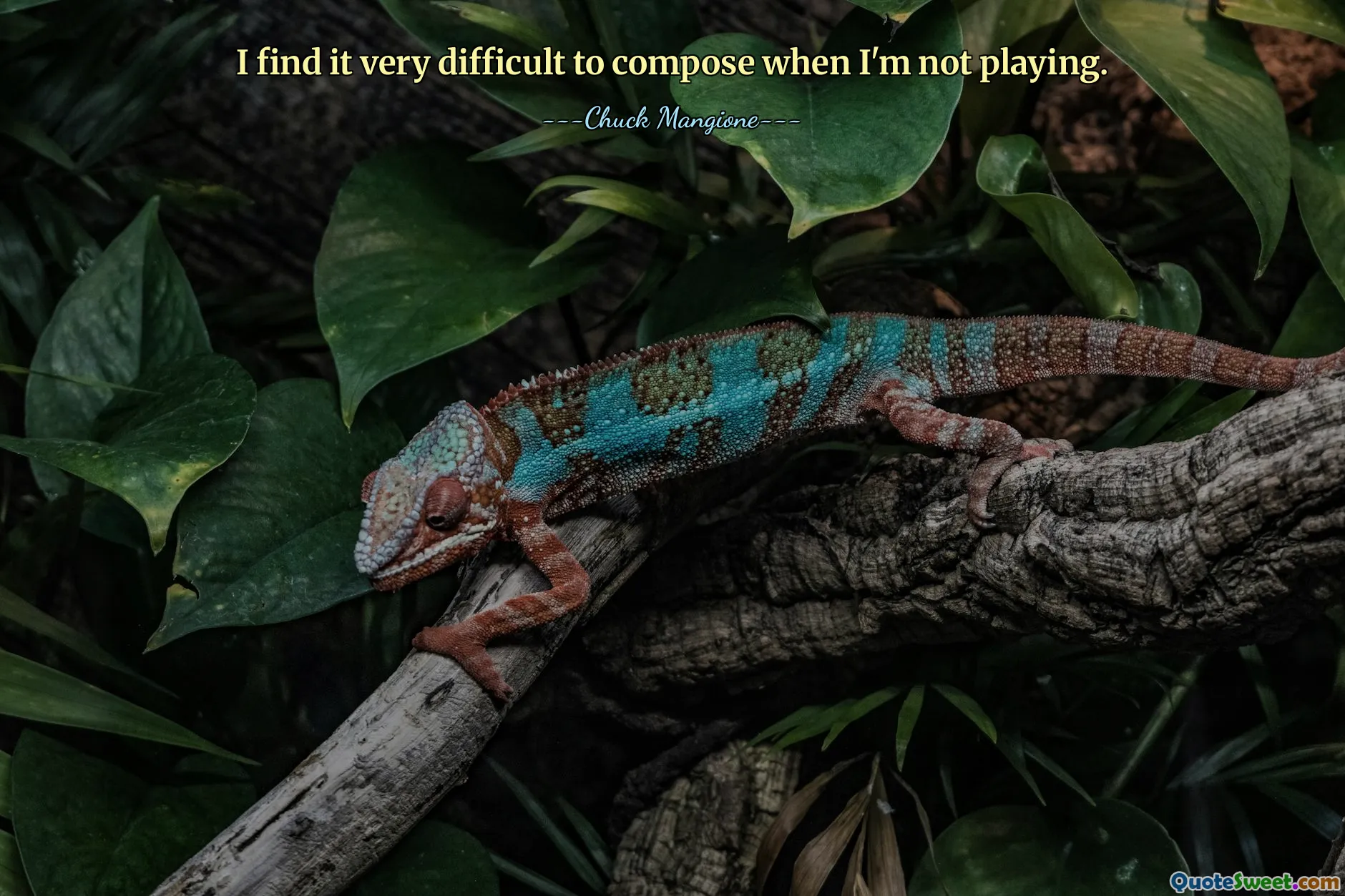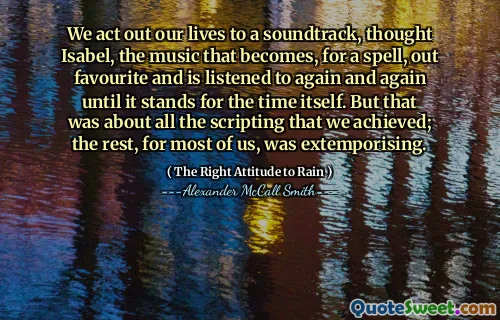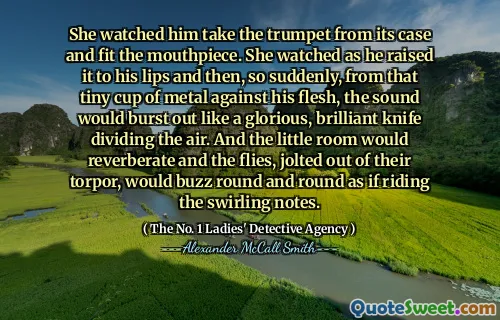
I find it very difficult to compose when I'm not playing.
This quote highlights a fundamental principle about the relationship between active participation and creativity. When engaging in a creative process like composing music, being physically involved in playing instruments often fuels inspiration and provides a tactile connection to the music. The act of playing can reveal nuances, evoke emotions, and spark ideas that may remain hidden if one is only passively observing or thinking about the music. It underscores the importance of immersion; by actively playing, musicians can discover new melodies, experiment with harmonies, and refine their techniques in real-time, which is crucial for the creative process.
Moreover, the physical act of playing can influence the mental and emotional state of a musician, often fostering a flow state where ideas come effortlessly. This aligns with the idea that creativity is not purely intellectual but also physical and emotional. For composers, especially those who are also performers, the distinction between playing and composing blurs—the act of playing becomes part of the composing process itself. When not playing, a musician may find it difficult to access the same level of inspiration because the sensory and motor experiences that stimulate creative thinking are absent.
This sentiment underscores the interconnectedness of doing and thinking in the realm of artistic creation. It suggests that to foster originality and depth in compositions, a musician needs to stay engaged with their instrument and actively participate in the music-making process. For aspiring composers, this emphasizes the importance of staying connected to the practical, hands-on aspects of music rather than solely relying on abstract ideas. Ultimately, the quote reminds us that mastery and inspiration often come from active engagement, and stepping away from that physical involvement could hinder the flow of creativity.







